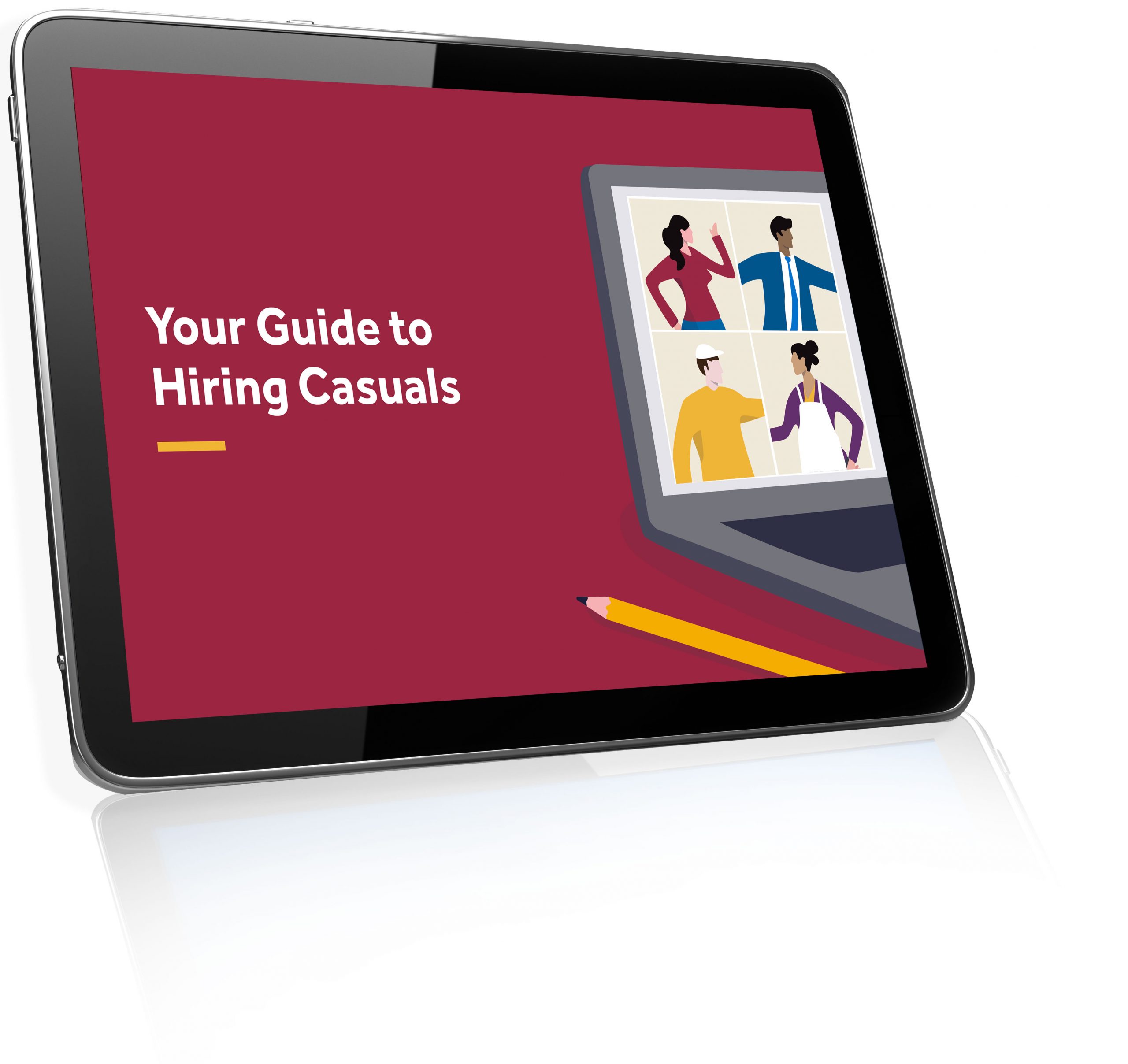
The Covid-19 pandemic changed lives in unprecedented ways. Businesses were disrupted, but new opportunities were created as employers were forced to adapt to new ways of thinking and managing finances to maintain cashflow, and to search for ways to keep existing or attract new customer bases – Business owners became entrepreneurs.
The uncertainties currently surrounding the business world require a sound start-up strategy and a formal plan to guarantee success.
What Do You Need to Consider?
Below are several things to consider before you start any new venture:
Research the dream
What do you want to do and achieve? Find out everything you can about whatever business you want to start. Understand the industry and what works and what doesn’t. For a business to be a success it must fulfil a need or offer something people want.
Is your idea unique?
Who will be your customers and what are their needs?
Where are your manufacturers/suppliers?
What equipment do you need?
How will you get the product or service to the customer?
Do you need business premises, licences, permits?
Are you hiring employees?
What is a reasonable price to pay for your product or service?
Will that price cover costs and make the business viable?
Gathering data is crucial to help you plan the future of your company. Analysing the financial data of similar businesses will help you get an idea of costs and potential cash-flow.
Collecting data will also help you understand potential customer needs so you can target a specific customer base and determine how best to reach and service those customers. Good customer service which generates positive word-of-mouth recommendations is the ultimate way to market your business and help it grow.
Make a plan and set goals and objectives
The pandemic taught us that life is not “pre-written” or pre-determined. Only the best and the leanest business plans will ensure success. As well as having done your research and having finance in place, you must have well-set-out short-term and long-term goals and clear objectives, and a realistic means of achieving them, to give you a concrete starting point for the business and to achieve success in the long term. It is important to include a realistic budget with extra funds allocated for unprecedented costs and to list any threats and how you propose to deal with them, e.g., changing customer needs.
A smart business plan is crucial when establishing a new business. A business plan can provide guidance and clarity as to business goals and how you plan to achieve them and therefore make it easier to source finances from financial institutions and potential investors. A workable business plan also helps you boost your productivity by keeping you focused on the desired outcomes.
Your business plan should answer any questions concerning the execution of your business idea, eg. how you will deal with competitors and other threats, proposed management strategies, and your sales targets vis-à-vis your financial commitments to determine the potential impact on your cashflow.
Get your finances right
Bringing business ideas to fruition requires investment and the ability to cover expenses until you are turning over enough to cover costs before you even start making a profit. Start saving well in advance of your ideal business launch date and track your finances to better understand your cash flow.
Minimise personal expenditure and simplify your life to save money and help you accumulate capital for your new business idea in the long term. Even so, funds might still be limited. Be ready to source funds elsewhere when you need them, i.e., government grants, bank loans or seek investors.
You can approach an angel investor for a financial boost. However, it is advisable to seek advice from professionals when seeking financial solutions from third parties.

Determine business structure and minimise risk
A successful entrepreneur separates their personal life from their business. Though a new business is a critical part of a business owner’s life, ideally choose a business structure that helps to keep business capital and cash flow separate from your personal finances in case things don’t go according to plan.
Different business structures carry different risks and business owners could potentially be personally liable for anything that goes wrong. Make sure you are aware of any legislative and licensing requirements and ensure you comply before you launch your business. Hire professionals to guide you and make sure you have the right systems and documents in place to effectively manage and administer your business such as accounting software and supplier contracts. Consider Workplace Health and Safety requirements and take every precaution to minimise risk where possible.
Location and staff
If you need business premises, think about suitable locations and take into account insurance, the ongoing costs of renting a commercial property, and the terms and conditions of the lease agreement which may be onerous. You may also need to hire employees. Consider your business structure, the industry you are in, and the job the employee will be doing in terms of your location and your obligations to your employees, as these can differ per state or territory. Your business is likely to be covered by an award which means that employees may be entitled to minimum wages and conditions that you will need to comply with. We can help you understand what award applies to your business and how to apply it.
Have the right marketing strategy
Marketing can drive success, in both the long term and the short term. Create a flexible and executable marketing strategy to maximise your return on investment. Think about what is unique about your offering and how to make the most of it and consider the best way to reach the customers who require your product or service. Consider what your competitors are doing and see what you can do better to give you an advantage over them. Put all of this into a Marketing plan and put that plan into action. Revisit and review the plan regularly to adapt to changing market conditions and include new promotional activities or those you have found to be a success.
Need Workplace Advice?
Employsure can assist you with any workplace relations question you may have. Call us now for free initial advice.
Frequently Asked Questions
What Is The First Thing To Do When Starting A Small Business?
When starting a business you may wish to decide what type of business you want to set-up, then do your research and to determine if your plan is viable and what you can offer that other businesses don’t or can’t to differentiate your product or service and attract customers. Check if there are any business grants you can apply for, and legislative or licensing requirements.
What’s The Easiest Business To Start Up?
No business is easy to start but it helps if you consider the following:
- Businesses that are within an industry you already have knowledge of or experience in;
- Businesses that meet a need or demand
- Businesses that require little investment to start up and operate
- Businesses that aren’t heavily regulated, and don’t require a license or formal qualifications;
- Businesses that offer products or services that you can provide on your own ( no employees);
- Businesses that have easy logistics ie are local or can be delivered online or by mail.
Examples are web-based services and online retail stores.
How Do I Start A Small Business In Australia?
- Research a business idea thoroughly and consider the business structure – get expert advice.
- Put together a business plan and a budget, set goals and determine how to meet them
- Consider contingencies
- Get finance
- Decide on the location of your business
- Register your business, and make sure you’re across all legal obligations
- Understand how to protect and secure your business and operate it safely
- If you need to employ staff, understand employment obligations
- Think how to market and promote your business
- Put it all together, and Launch!
What Is The Hardest Part Of Starting A Business?
Generally getting the start up capital to put your business idea into practice can be hard, but it will depend on your individual circumstances. You may struggle with logistics, licensing requirements or marketing your business.
What Can Go Wrong When Starting A Business?
Depending on your individual situation – Everything and anything!! You should try and be prepared for all eventualities, even if they may be outside your control, and learn from your mistakes. Examples are:
- Not doing your research initially
- Not knowing your market or customer base or not catering to customer needs
- Underestimating the amount of start up capital you require
- Overinvestment
- Not observing legislative or licensing requirements
- Getting your business plan wrong
- Not budgeting for the unexpected
- Not having a contingency for managing potential threats to the business
- Economic conditions worsening or market conditions changing
- Wrong location
- Logistical challenges
- A technology change or innovation makes your product or service redundant
This blog has been compiled on the basis of general information current at the time of publication and reflects an opinion only and is not intended to provide anything other than an opinion at any time. Your specific circumstances as well as any changes in circumstances after publication may affect the relevance, completeness or accuracy of this information. To the maximum extent permitted by law, we disclaim all liability for any errors or omissions contained in this information or any failure to update or correct this information. It is your responsibility to assess and verify the accuracy, completeness, currency and reliability of the information on this website, and to seek professional advice where necessary. Nothing contained on this website is to be interpreted as a recommendation to use any product, process or formulation or any information on this website. For clarity, Employsure does not recommend any material, products or services of any third parties.
